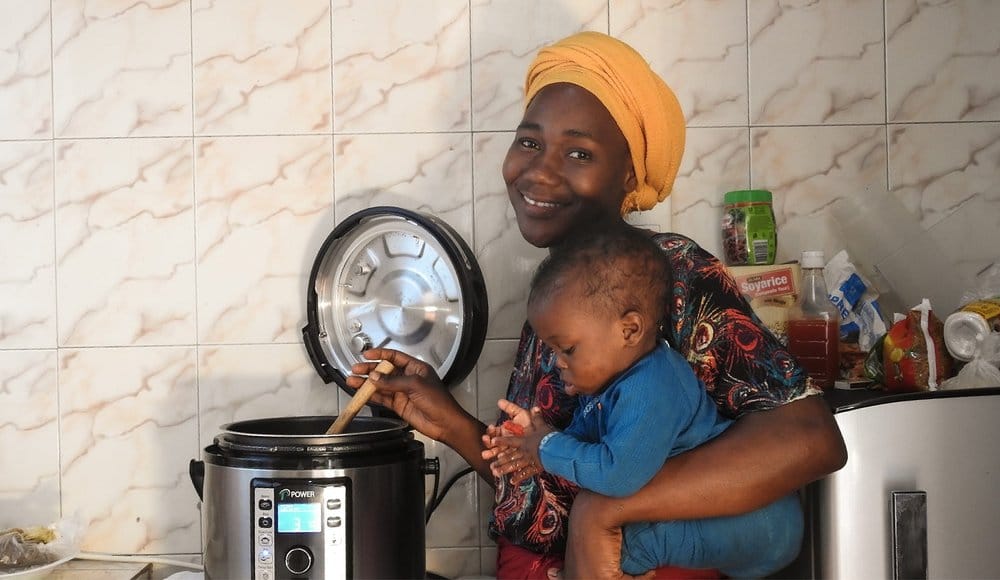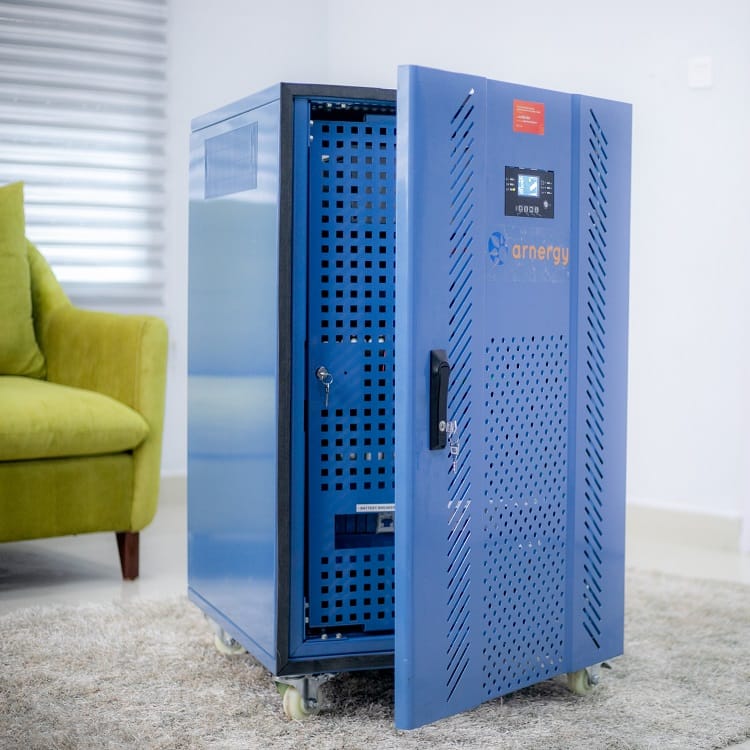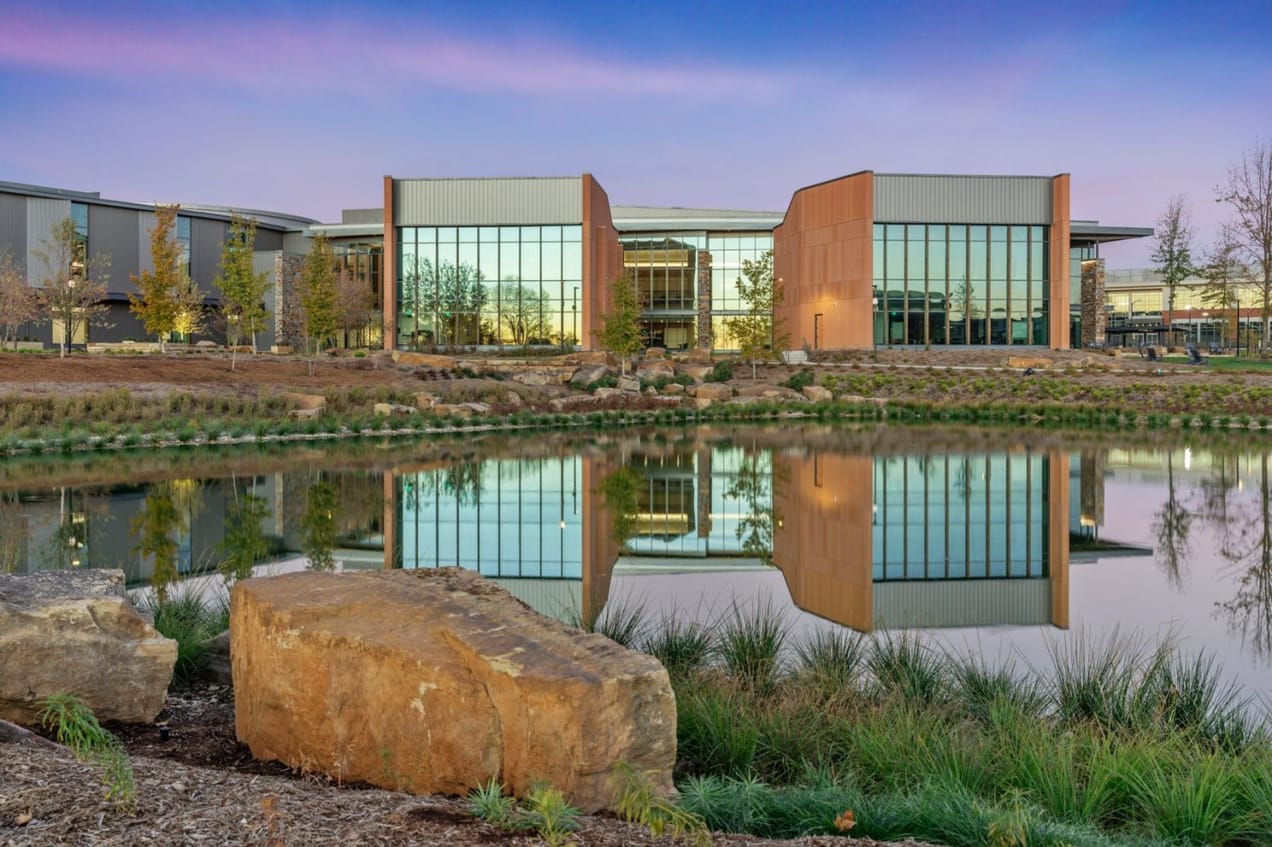
Scaling up access to electric cooking services in Tanzania
According to the IEA, 2.3 billion people or nearly one third of the global population cook their meals over open fires or basic cook stoves. The fuels used are typically firewood, agricultural waste, charcoal, coal, kerosene and even animal dung. All of these emit harmful smoke, often in enclosed spaces, that is unhealthy for their users. Household air pollution is the third leading cause of premature death globally among women and children, and the second in Africa, concentrated in countries with a high reliance on biomass and coal for cooking.
But it is not just the smoke. The leading cause of childhood poisonings is the accidental ingestion of kerosene. A large proportion of the severe burns and injuries occurring in low- and middle-income countries are linked to household energy use for cooking, heating and lighting. And it disproportionately impacts women and children.
Therefore a shift to cleaner cooking stoves would have clear health benefits and be good for the environment - reducing methane and other gas emissions, as well as saving trees from being cut down for firewood. But that shift costs money - the IEA estimates US$ 8 billion per year with investment needing to grow from roughly US$ 2.5 billion currently. Most of the growth is needed in Sub-Saharan Africa (SSA) where an estimated 900 million people use inefficient wood and charcoal stoves and affordability is a clear problem. Almost three quarters of SSA's energy demand comes from woodfuels used for cooking.
This is why a development in Tanzania caught our eye.
The Modern Cooking Facility for Africa (MCFA) which aims to provide up to 4 million Africans with access to clean cooking solutions by the end of 2027, will be providing €2 million of results-based funding to UpEnergy Tanzania in order to scale up the replacement of biomass stoves with electric ones (provided by Ugandan-based PowerUP) for households in urban and peri-urban areas of Tanzania.
This funding is also expected to bring additional co-funding in to at least double the total capital invested by the end of the project. The aim is to implement over 123,000 new e-cookers, working with households that have a grid connection - in a country where nearly 80% of electricity is sourced from renewable energy - but still rely on biomass for their cooking. The initiative is expected to benefit over 600,000 Tanzanians by the end of 2027.
The PowerUP e-cookers being deployed not only reduce cooking times by up to 60% compared to traditional biomass stoves but are also customised for local cooking habits, featuring a bespoke user display tailored to local cuisine and equipped with in-built metering for accurate usage monitoring. For the families this means less disruption, an elimination of indoor air pollution and financially they will benefit from lower annual fuel costs.
The MCFA recently closed a second round of funding for clean cooking providers in the Democratic Republic of the Congo (DRC), Kenya, Malawi, Mozambique, Tanzania, Zambia and Zimbabwe with total available funding of up to €16 million.
An important consideration with the switch to electric is the effectiveness of the supporting infrastructure. Electric cooking would increase electricity demand by 10% by 2030, which could place strains on electricity networks at the distribution level if not paired with effective electricity planning. In addition some countries do not have extensive electricity grids.
This is where the development of micro grids can be beneficial. We previously reported on developments in Nigeria where the end of fuel subsidies was driving the adoption of rooftop solar and providing electric power to households with little to no grid access.
Link to blog 👉🏾 https://www.thesustainableinvestor.org.uk/nigeria-solar-adoption-boosted-by-the-end-of-fuel-subsidies/

This article featured in What Caught Our Eye, a weekly email featuring stories we found particularly interesting during the week and why. We also give our lateral thought on each one. What Caught our Eye is available to read in full by members.
If you are not a member yet, you can read What Caught Our Eye when it comes out direct in your email inbox plus all of our blogs in full...

Click this link to register 👉🏾 https://www.thesustainableinvestor.org.uk/register/

Please read: important legal stuff.

